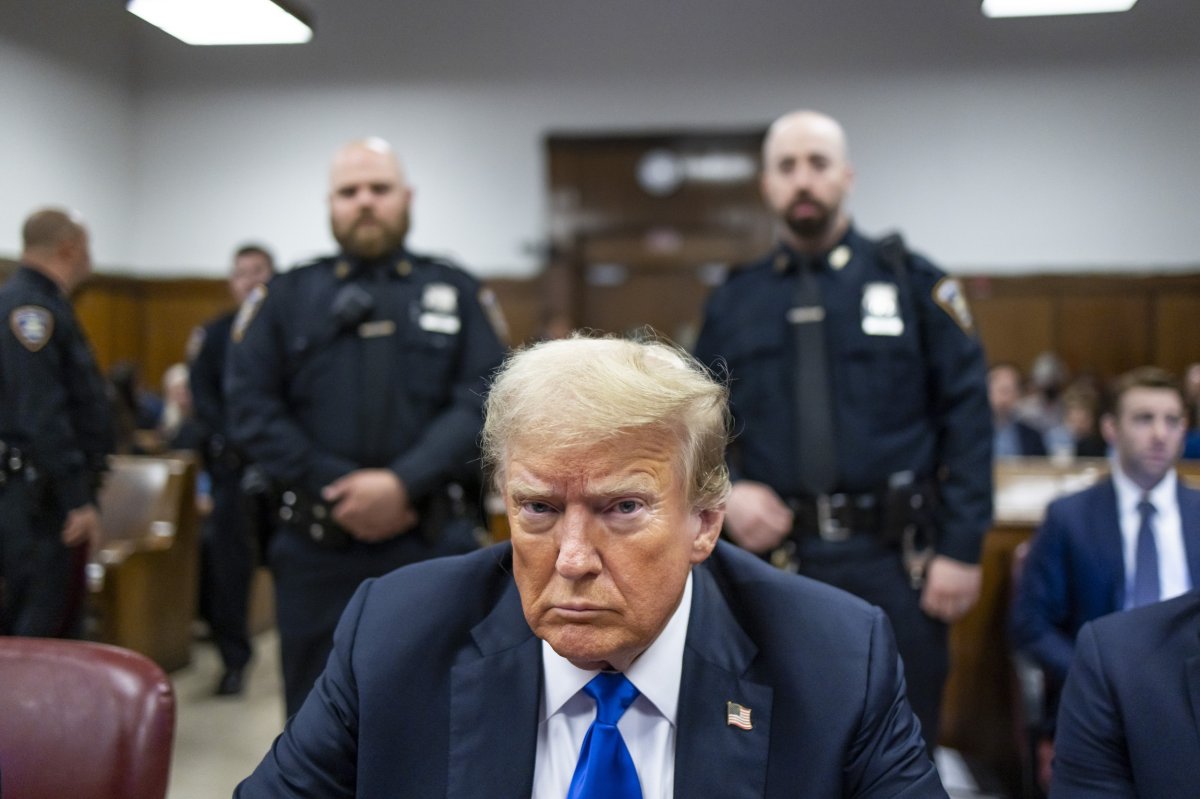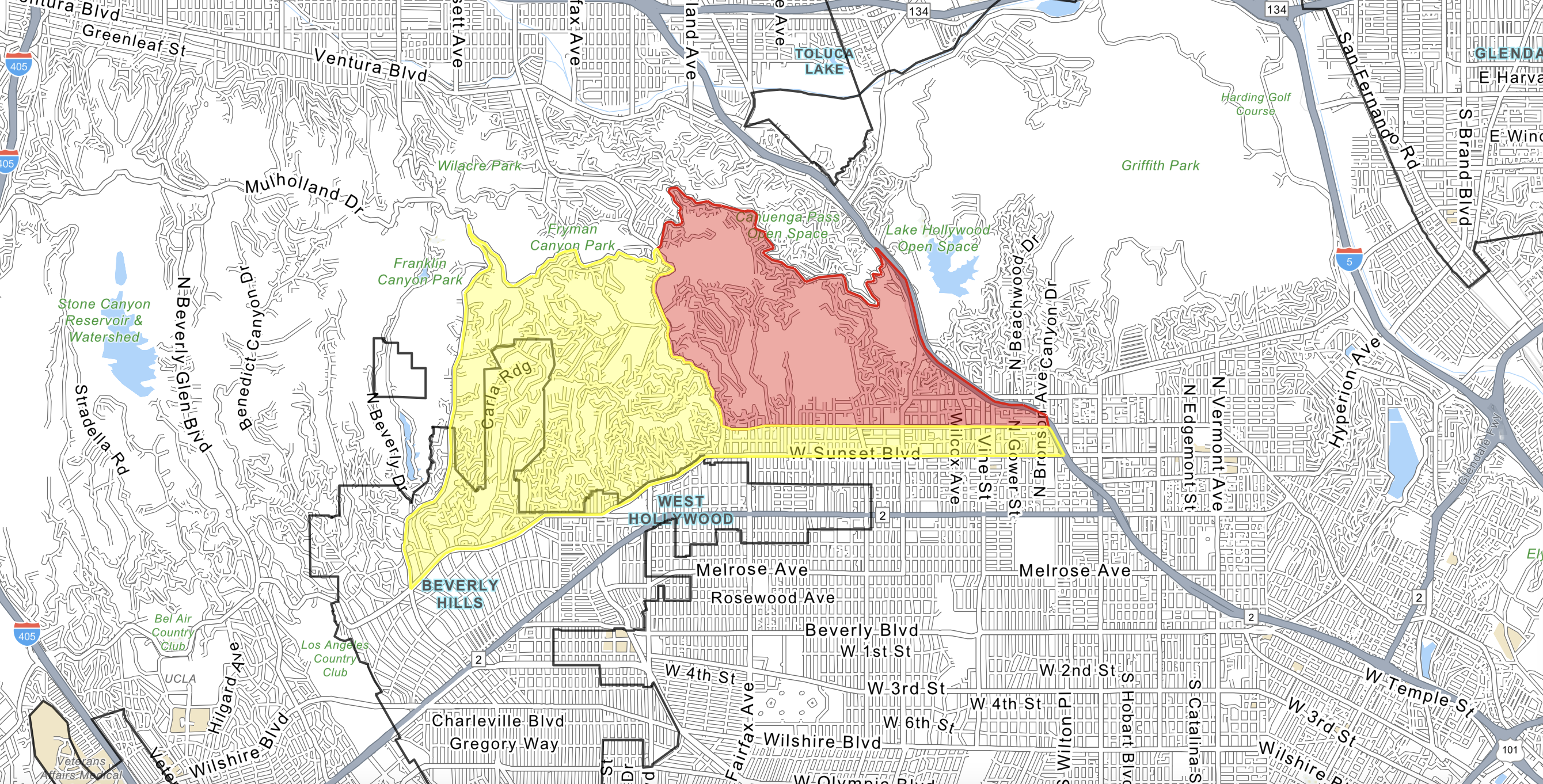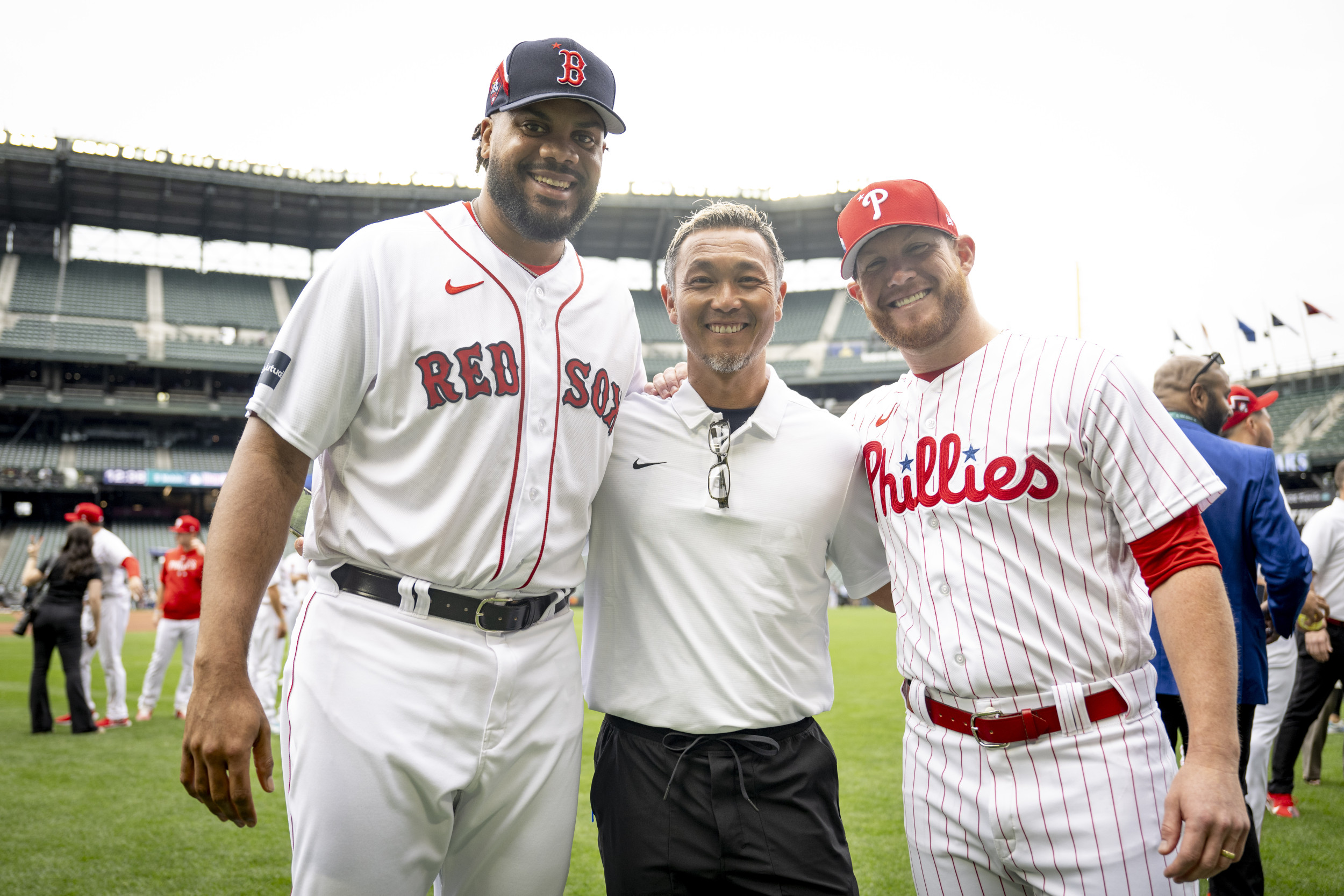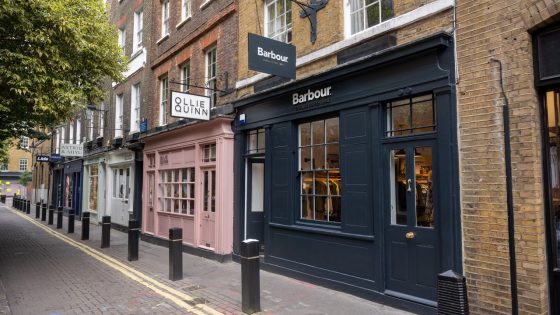Judge Juan Merchan's obsession with landing his white whale, Donald Trump, revealed itself this week in all its political dis-glory. People v. Trump was the only one of the four lawfare cases brought by Democratic prosecutors to reach a conviction. While Merchan has declared that he will impose a sentence of "unconditional discharge," which means no "imprisonment, fine, or probation supervision," he remains determined to make Trump the first felon to become President.
Even if he had tried, Trump could not have scripted a more revealing political act by Merchan, and, by extension, Alvin Bragg, the elected Manhattan district attorney, and the State of New York. A truly neutral judge committed to following the law would have overturned—if not dismissed altogether—the May 2024 conviction. But just as the 2024 prosecutions backfired by creating a rally-around-the-flag effect for Trump in the Republican primaries, the future President could again pull political judo that could allow him to turn lawfare against its Democratic practitioners.
By delaying sentencing until ten days before the inauguration, Merchan is openly displaying the political nature of the prosecution and trial. The judge is effectively short-circuiting Trump's ability to appeal to higher courts to enjoin an official conviction.
Merchan had many months to decide Trump's sentence; he intentionally waited until the last minute. If President Trump asked for a stay, the New York intermediate appeals court may very well have stopped or even overturned Merchan's shenanigans. Or Trump could have immediately appealed Merchan's refusal to recognize Trump's presidential immunity as set out by the U.S. Supreme Court in June 2024 in Trump v. United States. With just a few more weeks, Trump could have sought review in New York's highest court (the Court of Appeals) and eventually the U.S. Supreme Court.

Merchan might hope that once Trump assumes office, the higher courts might suspend the case until his second term ends. Freezing the case until Trump returns to private life would shield Merchan's many erroneous rulings from scrutiny. The first and most obvious issue ripe for reversal is Merchan's refusal to acknowledge Trump's presidential immunity. In Trump v. United States, the Supreme Court held that the Constitution prohibits the trial of former Presidents for their official acts in order to preserve their ability to exercise the executive power without fear of legal liability. The Court also held that Presidents held no immunity for their private conduct, which Bragg claimed, and Merchan agreed, includes Trump's alleged scheme to hide a payoff to Stormy Daniels represented private activity. The Supreme Court, however, emphasized that even when trying a President for private conduct, prosecutors could not use official presidential actions as evidence to prove their case.
At trial, Merchan allowed Bragg to introduce testimony by White House officials about Trump's acts and statements while in the Oval Office. Once the Supreme Court issued Trump v. United States on July 1, 2024, Merchan should have immediately ordered either a new trial or dismissal of the prosecution altogether. Merchan's failure to respect the presidential immunity presents immediate grounds for reversal by the New York higher courts, and ultimately the U.S. Supreme Court itself.
The second, clear ground for reversal is Merchan's unconstitutional use of federal law as the underlying foundation for a dubious prosecution for bookkeeping maneuvers. Prosecutors charged Trump with violating state accounting laws—here, booking the payments to Stormy Daniels as legal expenses—to conceal the affair from the public during the campaign. In other words, Bragg—and Merchan—sought to use New York state business laws to punish Trump for what is really a matter subject to federal campaign laws enforced by the U.S. Justice Department and the Federal Election Commission. This represents an unconstitutional intrusion into the federal government's prosecutorial discretion; the Supreme Court in a series of cases has made clear that states are to enforce only state law, and the federal government can only enforce federal law.
While Merchan denied during the trial that his purpose was to punish Trump for his conduct during the 2016 campaign, he could no longer contain himself as sentencing approached. In his order on Friday previewing sentencing, Merchan declared that Trump's non-disclosure agreement with Daniels and the hush money payment constituted an illegal conspiracy to steal the 2016 election, and that "to vacate the verdict would cause "immeasurable damage" to "the citizenry's confidence in the rule of law." Alvin Bragg never charged Trump with "stealing" the 2016 election, and any FEC disclosures that he had to make about those payments were due in February 2017, after he already took office. Thus, Merchan's claims are false. And while it's true that the jury came to a unanimous verdict, that's because Merchan made so many intentionally egregious evidentiary mistakes that the jury had no choice but to convict.
Moreover, if vacating the verdict would damage the rule of law, and Trump's alleged crimes are so heinous, then Merchan shouldn't have indicated that he would give Trump an unconditional discharge with no punishment at all, which according to his standard is also inappropriate and damaging to the rule of law.
Merchan and Bragg don't care about the punishment; they care about branding Trump as a convicted felon in time for the inauguration and beyond.
As has been the case in the other lawfare cases, Merchan and Bragg's violation of legal norms may give Trump the opportunity to pull another political judo move that puts him on top. By entering a sentence this Friday, Merchan will make the criminal trial final, which will give Trump the long-awaited chance to directly appeal to higher courts. Merchan could well have suspended the proceedings during the entirety of Trump's second term; the sentencing would have hung above Trump like a sword of Damocles for four years. Now, Trump's attorneys can seek an immediate appeal of Merchan's refusal to obey the Supreme Court's presidential immunity decision. Trump should also press the appeals courts to rule on an emergency basis: Our nation will suffer if chief executives must waste time on complicated, time-consuming, and stressful appeals.
Higher courts will finally have grounds to conclude that Merchan has lost any semblance of neutrality. In his order last week, Merchan accused Trump of a "premeditated and continuous deception by the leader of the free world." Apparently, Merchan finds no irony in leveling this charge against the President-elect, even as news stories have begun to make clear how far the White House staff went to conceal the rapid mental decline of President Biden. Merchan also accused Trump of attacking him and other judges. Again, he conveniently forgot about Democratic leaders who have threatened to pack the Supreme Court and end lifetime terms for federal judges. Putting the lack of self-awareness aside, Merchan's statements have no relevance to Trump's guilt of bookkeeping fraud and instead demonstrate the judge's excessive partisanship.
Trump's final political ju jitsu move could turn the power of the federal government, which he will lead, against the state that abused its justice system to stop his election. Trump could suspend any law enforcement and justice-related federal grants to New York City; why should the federal government fund a district attorney's office or a court system where politics so blatantly outweighs equal justice? But Trump could go further and order the Justice Department to open an investigation into the DA and the New York courts. Their persecution of a former President, who was also the leading opposition party candidate for the nation's highest office again, may have represented an unconstitutional effort to use the power of the government to interfere with the election and punish the Republican Party and its voters in New York and nationwide. The Justice Department could open a "pattern or practice" suit against New York City for attempting the systematic deprivation of constitutional rights based on political viewpoint.
Democrats broke two centuries of political norms by wielding prosecutions to affect electoral outcomes. They may say they regret lawfare, or did not mean it, but Merchan's sentencing decision this week shows they still intend to continue it. The only way to stop this destructive politics is for Trump to use federal powers to retaliate until Democrats are deterred.
While Merchan may strike his best lawfare blow on Friday, New York may suffer a more grievous response when Trump assumes office ten days later.
John Yoo is a distinguished visiting professor at the School of Civic Leadership and a senior research fellow at the Civitas Institute at the University of Texas at Austin, the Heller Professor of Law at the University of California, Berkeley, and a nonresident senior fellow at the American Enterprise Institute. John Shu is a legal scholar and commentator who served in the administrations of Presidents George H. W. Bush and George W. Bush.
The views expressed in this article are the writers' own.




















 English (US) ·
English (US) ·